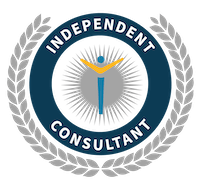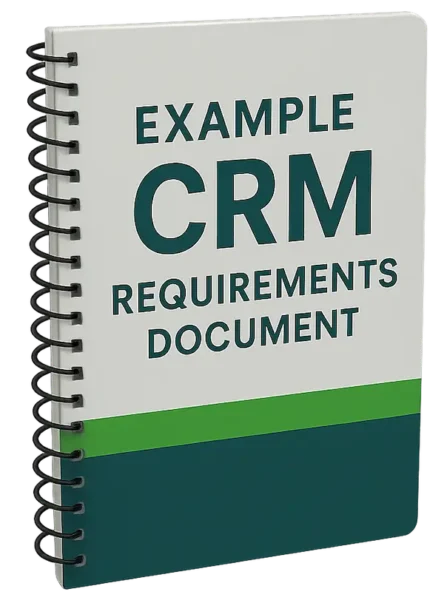One of the unspoken assumptions our prospects have when they come to us to discuss help with CRM evaluation and selection is: whichever product is selected, it will be better than what’s currently in place.
But recently, one of our consultants was asked an interesting question.
The question was, “Is one of the possible outcomes of your evaluation a recommendation that we not invest in a new CRM system and leave things the way they are?”
It was an excellent question.
Are there circumstances under which an organization will be better off by continuing to rely on legacy systems, spreadsheets, and Post-it notes?
After consideration, the answer we came to was “yes.”
Under certain circumstances, a business will not benefit sufficiently from implementing a new CRM system to warrant the cost. Some CRM implementations are doomed to failure, no matter which product is selected.
Here are some things to watch out for in your business that might indicate that you shouldn’t invest in a new CRM system soon.
No Clear Direction Or Strategy
Many businesses purchase a CRM system because they believe that simply doing so will improve their business. This is not a mindset that leads to a successful CRM implementation.
CRM is a tool built to solve particular problems businesses face around customer management and communication.
If your business doesn’t spend time defining the problems upfront, then there won’t be a clear path for a new system to help solve them.
No Executive Buy-In Or Sponsorship
If your business’s leaders and executive team don’t care about CRM, neither will your employees.
A commitment to change needs to start at the top. C-level team members need to be involved at every stage of the process. When this happens, a cultural shift around new processes and workflows can develop organically rather than being dictated half-heartedly.
When management doesn’t commit, the result can be disastrous. Employees who want to use the system are frequently unsupported and left frustrated. Those resistant to change tend to pay lip service to the new tools while secretly (or openly) circumventing them and using the same legacy systems they’ve always used.
Limited Resources And/Or Budget
It’s essential to know beforehand that subscribing to CRM software is not the same as subscribing to applications like Google Workspace, Slack, or Box. With CRM, there is some assembly is required.
Not only that but for a CRM system to truly live up to its potential, there needs to be a dedicated budget and resources for ongoing maintenance and improvements.
Ideally, your business will hire and/or train a dedicated system administrator. This person’s job is to keep the system working, make improvements where possible, and be the go-to problem solver if things go awry.
When no one is given ownership of CRM system administration (or too many people are given ownership), and no budget has been allocated to maintenance, the system will eventually fall into disarray.
Assuming a CRM System Can Do Something It Can’t
One of the assumptions we hear repeatedly is that a new CRM system will be able to replace complex legacy quoting systems — right out of the box. Homegrown quoting tools and ERP quote functionality often have a lot of baked-in functionality that cannot be easily replicated with native CRM quoting functionality.
The other assumption is that cloud CRM will easily integrate with a legacy accounting system like QuickBooks Enterprise.
In such cases, we often tell people who contact us, “Don’t shoot the messenger, but…” One message is to slow the buying process and dig into advertised functionality. Another message is, “This could take more time and money than was proposed.”
Don’t Fool Yourself
If any or all of the above conditions are true for your business, don’t invest in a new CRM system right now. Change needs to be wanted and welcomed, not tolerated and enforced.
Subscribing to CRM software that nobody wants, for which there’s a limited budget, and that there’s no strategy behind will be as effective as taking the same amount of money and throwing it out the window each month.
Failure is An Option
Even under favorable conditions, CRM implementation failure is always a possibility. Large multinational companies have tried and failed to get a CRM system off the ground.
The takeaway is that for CRM to succeed, all parties must be fully committed. Proper planning and preparation are crucial.
When Is CRM The Right Choice?
With insight into when buying CRM software is the wrong choice, there will hopefully be clarity about when it’s the right choice for your business.
CRM is not a magic bullet. For most businesses, there comes the point where they realize organically that one or more of their internal processes are being limited by the tools available to them. In searching for a solution, they discover CRM and do an evaluation.
It’s essential to understand a business’s challenges and the solutions it needs before any formal selection gets underway.




